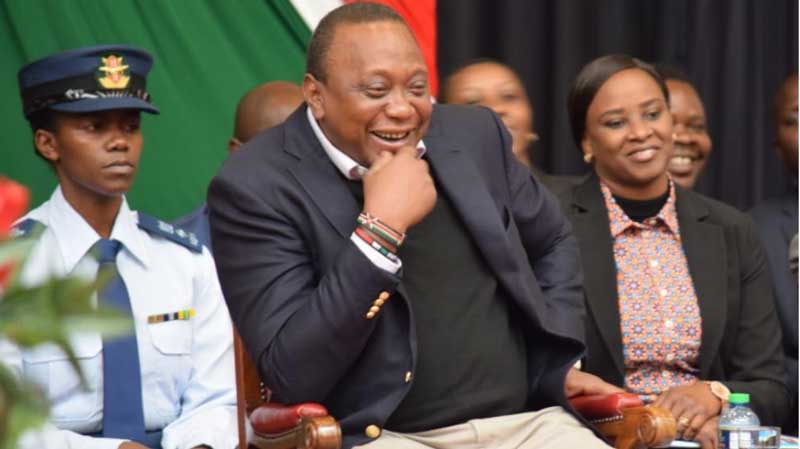×
The Standard e-Paper
Kenya’s Boldest Voice

I just found out that Jomo Kenyatta had a cohort of female bodyguards back in the days when the girl-child was still under siege, which is quite impressive. I learned about this when the younger Kenyatta broke the Internet with images of Lieutenant Colonel Rachel Kamui.
The lieutenant colonel was photographed by the President’s Strategic Communications Unit (PSCU) while taking on the duties of aide-de-camp (ADC) in the absence of Lieutenant Colonel Timothy Lekolool – the man who usually stands behind Uhuru.